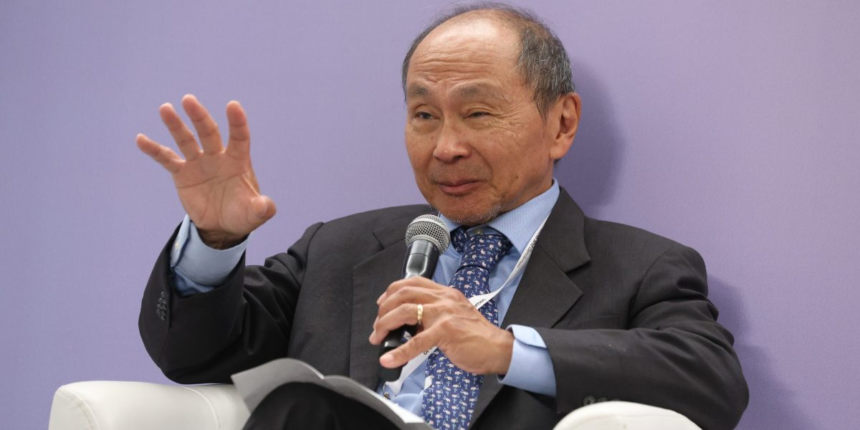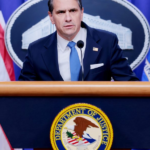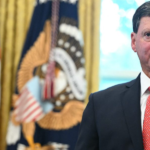President Donald Trump is rapidly tightening his grip on institutions that have long been thought to operate independently of the White House.
To explore what this shift means for business leaders, Fortune spoke with Francis Fukuyama, one of the world’s leading scholars on democratic institutions.
“Trump’s philosophy is that everything is political,” Fukuyama said. “Either you’re with him or against him—and if you’re against him, you shouldn’t be in government.”
That approach, he said, directly conflicts with the liberal model of governance: one built on an “impersonal, nonpartisan bureaucracy” that is managed by technical experts. In ultra-complex, wealthy economies like the United States, Fukuyama argues, that model is essential for long-term stability.
Yet, institutions like the Fed are designed to resist this kind of interference. Their role is to be insulated from the drama of political cycles, particularly when it comes to interest rates, where short-term cuts could help a president win reelection but drive long-term inflation.
While Fukuyama said past presidents have respected those guardrails, Trump’s direct and hostile pressure on the central bank is “unprecedented.”
“That era is very comparable to what’s happening now,” Fukuyama said. “We have so many examples of what happens to countries without independent central banks.”
He cited cases from Latin America and sub-Saharan Africa in the 1980s, where politically captured central banks helped skyrocket prices.
The problem for CEOs and investors, Fukuyama warned, is that if the next Fed chair is more willing to follow Trump’s preferences, the effects may not be felt right away.
“If Trump were to fire Powell tomorrow, people wouldn’t feel the impact for two, maybe three years,” he said. “People may not connect that political act to the economic pain they’re feeling.”
That delay, he added, creates fragility. “You can appear to get away with a lot while you’re actually doing a lot of damage.”
Fukuyama said Trump’s firing of McEntarfer carries a different, but equally serious risk: the politicization of official statistics. He pointed to Argentina in 2007, when then-President Néstor Kirchner dismissed a government statistician whose inflation reports clashed with the government’s narrative.
“Magically, inflation went down,” Fukuyama said. “Everybody knew that this was just completely politically based and not credible.”
He warned that once credibility is lost, it’s hard to get it back. “That’s the risk we face when we start chipping away at the independence of these neutral experts.”
But Fukuyama warned that getting too close to political figures often backfires.
“It’s hard to run a predictable, modern business when politics gets too involved,” he said. “In the old days, if you had to bribe a politician to get your way, that was a very inefficient system.”
The lesson, Fukuyama added, is that CEOs are better off operating within a stable, depoliticized system. “The more predictable the rules, the easier it is to do business.”









